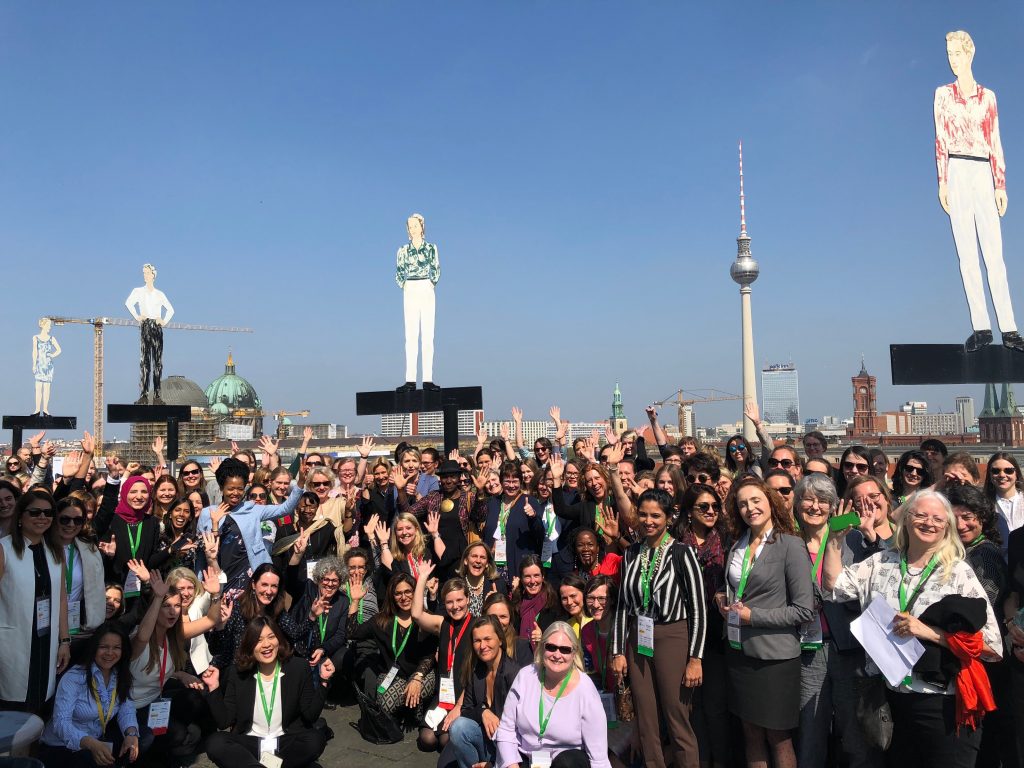Here I am back in Austria after 17 years living and working abroad. When I left Austria in 2001 and started to work in Brussels, renewables were still in their infancy. The picture has changed rapidly since then. According to the Global Trends in Renewable Energy Investment 2018 report, published on April 5th by UN Environment, the Frankfurt School-UNEP Collaborating Centre, and Bloomberg New Energy Finance, 2017 saw more than twice as much energy capacity added from renewables that fossil sources. In total USD 279.8 billion was invested in renewables excluding large hydro and a record 157 gigawatts of renewable power were commissioned last year, up from 143 gigawatts in 2016. Since 2004, the world’s cumulative investment in renewables was USD 2.9 trillion.
We have come a long way but a lot is still to be done. It is a well-known fact that the energy sector continues to be male-dominated. Gender inequality is even more prevalent at decision‑making levels. Women are generally under‑represented among senior management positions in companies, politics and science. This under-representation deprives industry of women’s creativity and resourcefulness, thereby potentially slowing down the energy transition.
The renewable energy sector is slightly better off with 35 % of women in the sector’s workforce participation compared to 20-25 % in the energy sector as a whole, but still a lot has to be done to overcome this gender imbalance.
Therefore, I have decided to dedicate the next phase of my career to empower women in the sustainable energy field in order to help advance the global energy transition more rapidly. Last year, I have co-founded GWNET, the Global Women’s Network for the Energy Transition, which, after one year of existence, already counts over 100 members from all around the world and has forged active partnerships with other initiatives such as the IEA’s Clean Technology Collaboration Programme Clean Energy Education and Empowerment (C3E TCP), SEforALL’s People Centered Accelerator as well as several industry associations.
The first couple of weeks of my “new” professional life were quite busy: I spoke at a workshop on “Knowledge building on women in clean energy”, facilitated by ENEA and IEA C3E in Rome/Italy, participated on a panel at the first “Empowering Women in the Energy Transition Lunch” in the framework of the Berlin Energy Transition Dialogue and facilitated the mentor-mentee kick-off calls of GWNET’s mentoring programme, the first global programme of its kind with mentors and mentees from Africa, China, Europe as well as North and South America.
These events were a great opportunity to network with many engaged women in the energy field, generated lots of ideas for new activities and furthermore, they reinforced my conviction that the time for more gender balance in the energy sector has come! Stay tuned!

